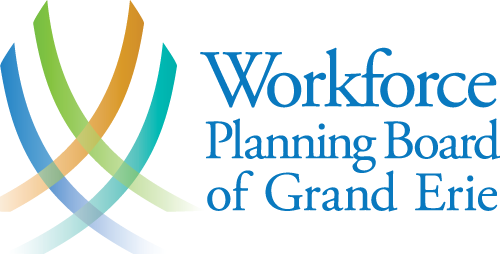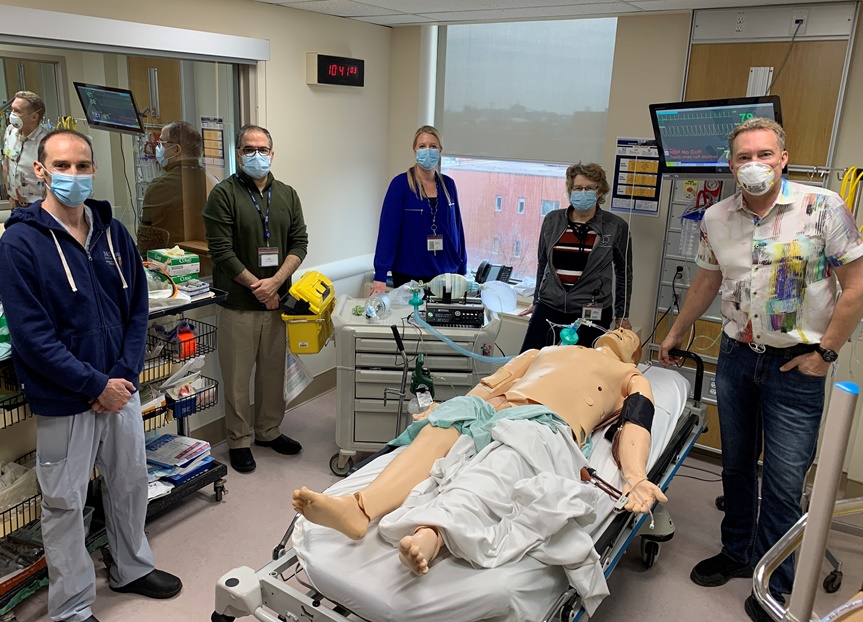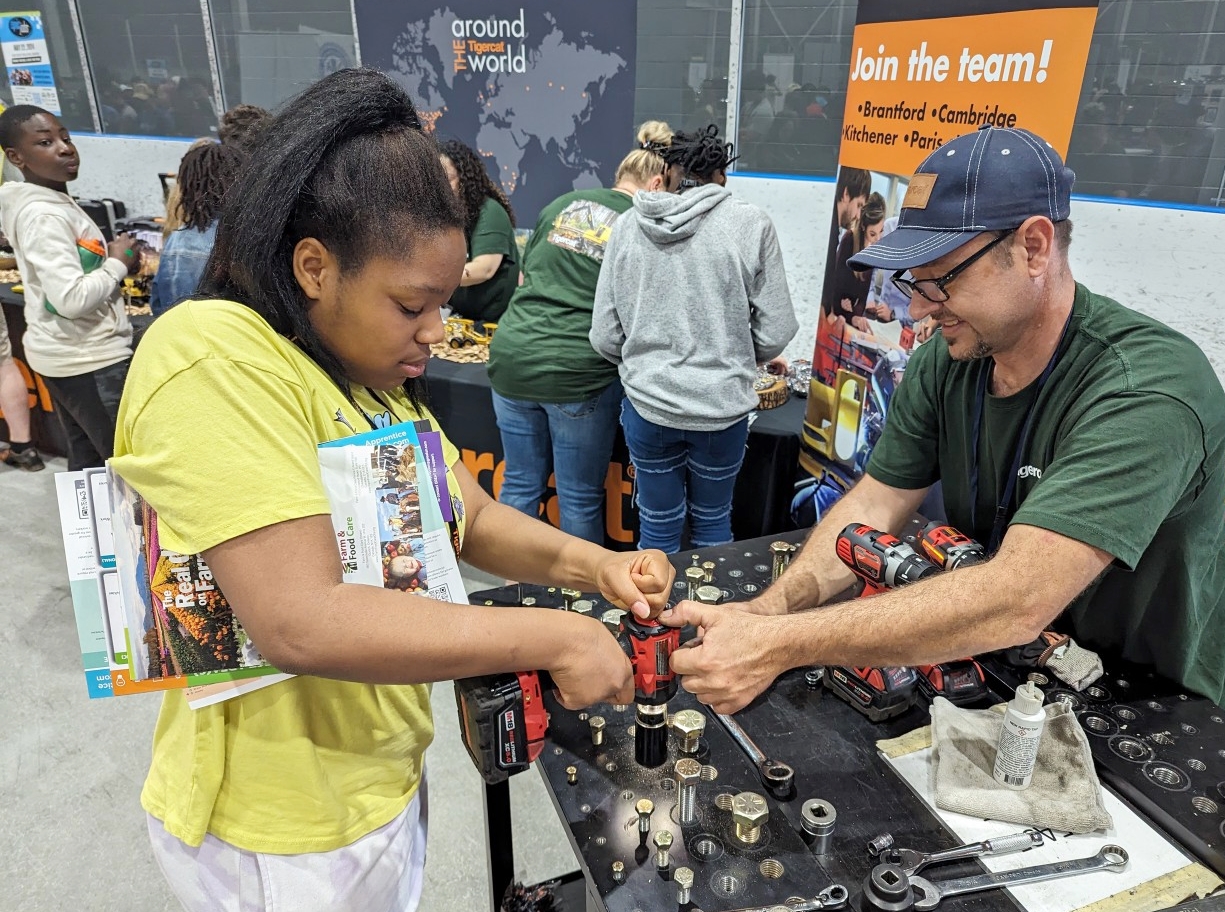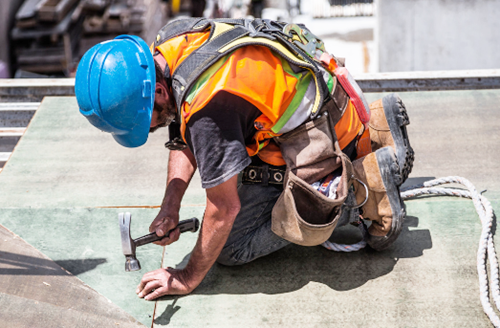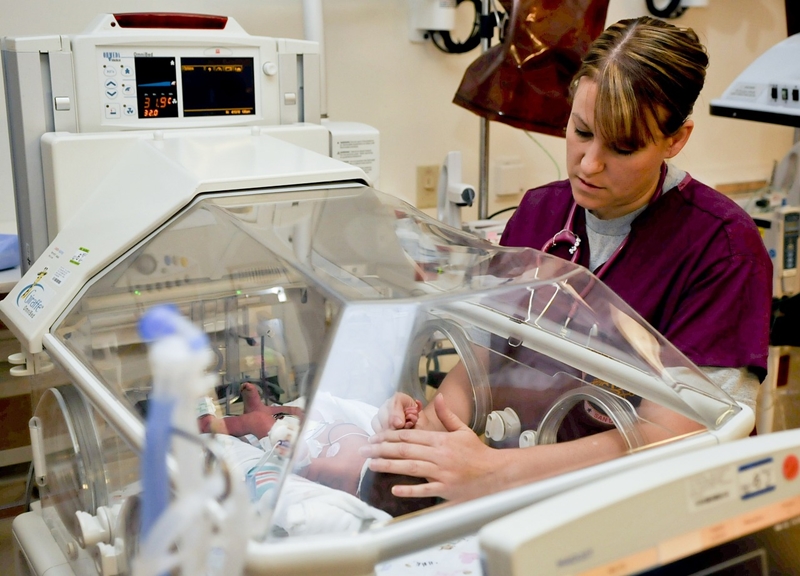When there were dire warnings last year about a potential shortage of ventilators to treat Canadians with COVID-19, Battlefield International’s employees rose to the challenge.
Highly skilled staff at the Haldimand County high-tech aerospace company volunteered their time to produce a Manual Ventilator Automation Control (MVAC) device in a matter of weeks.
The Workforce Planning Board is celebrating Battlefield International as one of the local businesses whose employees are Workforce Heroes.
The MVAC would allow patients recovering from COVID-19 to get assistance to breathe properly while still having some “manual” control of the machine. The machine switches to automatic mode if a patient doesn’t take a breath within a set amount of time.
“Our employees were all eager to sacrifice their personal lives to do whatever was required of them to help,” said President Steve Fenton.
The parent of one of the firm’s designers, Sandy Vermeulen, suggested Battlefield consider designing a ventilator that could be used if hospitals ran short.
Meanwhile, Dr Shanker Nesathurai, Haldimand-Norfolk’s Medical Officer of Health, approached Fenton to discuss the same idea.
Battlefield workers, with Cam Brouwer taking the design lead, quickly got to work, researching manual devices with an automatic function.
Dr. Nesathurai put Battlefield in touch with respiratory therapists at Hamilton Health Sciences, who visited the firm’s Cayuga plant to share their expertise.
The respiratory therapists gave Battlefield several ventilators to study, along with tubing and other needed supplies.
Battlefield had a functioning prototype ready within 38 hours. More refinements were made. Needing help with the delicate wiring, Battlefield turned to Mike Montgomery of Alectra Utilities, who paid him while working on the project, and Adam Harrison, owner of AMCorp Technologies of Caledonia.
Soon after, Battlefield manufactured 100 of the MVACs, which were ready to be deployed for emergency use in health care facilities in Haldimand-Norfolk and Hamilton.
Fenton emphasizes that the ventilator was a team effort, including suppliers who stepped up: Cayuga Cabinets in Cayuga, Barlow Manufacturing in Stoney Creek, Aluminum Surface Technologies in Burlington, and IPEC Automation in Concord.
In all, the ventilator took 8 weeks to go from an idea to a completed machine.
The ventilators weren’t needed during COVID-19’s first wave and Fenton hopes they won’t be in future.
Visit Battlefield International’s website to learn more about the company.



